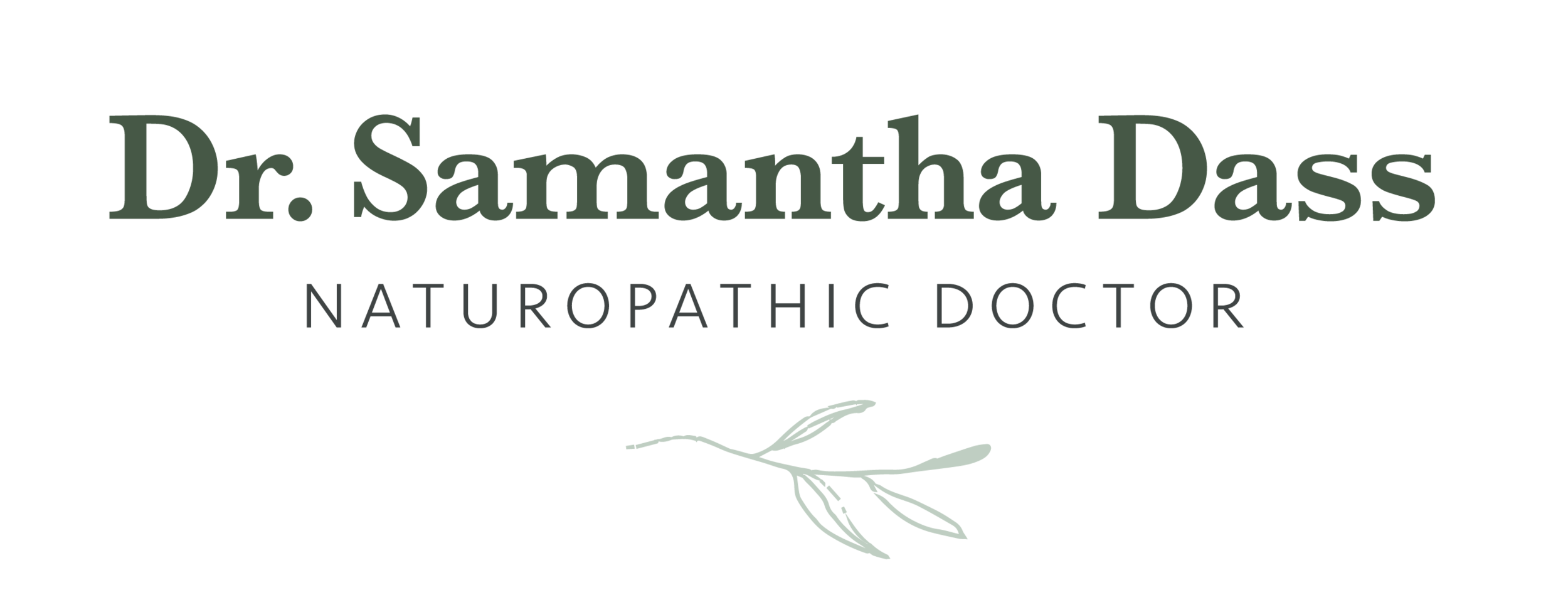I think when people hear about mushrooms in the context of medicine, it may make them uneasy as it conjures images of intoxication or poisoning. For anyone who isn’t familiar with mushrooms, anything other than a button mushroom or a shiitake mushroom may seem like something dangerous. In reality, mushrooms can have medicinal properties without being psychedelic. One such mushroom that is gaining popularity in the general public is Lion's Mane (Hericium erinaceus). Lion’s mane is a mushroom that has a long history of use both in cooking and medicinally. It is not known to be an intoxicating mushroom. Let’s explore what scientists have uncovered about Lion’s Mane.
Historical Use
Lion’s mane has been used for ages in traditional medicine systems in Asia. It was believed to be an energizing tonic to the mind and body and was also used to target specific digestive issues.
Cognitive Function
Research has found that Lion’s Mane has properties that help it protect and promote the growth of nerves. It does this by promoting the synthesis of Nerve Growth Factor (NGF) among other possible mechanisms. It’s been studied in the treatment of neurological conditions like Alzheimer’s disease. Small studies have shown it has improved cognitive function in those with mild cognitive impairment.
Mental Health
Some of the research on Lion’s Mane focuses on mental health conditions like anxiety and depression. Small studies have shown that it can improve symptoms of anxiety and depression and promote better sleep. This may be due to its anti-inflammatory effect and its positive impact on nerve health. The active ingredients inside the mushroom may also positively affect neurotransmitters in the brain to promote better mood and lower anxiety.
Other Benefits
This mushroom may have other benefits outside of cognitive and mental health such as supporting the immune system and healing gastric irritations (like ulcers). It may also improve nerve pain throughout the body and help repair nerve injuries in various parts of the body.
It’s important to note that more, better quality research needs to be done to solidify the findings discussed here. Many of the studies on Lion’s Mane are small and need improvement in their design. I respect that Lion’s Mane has been valued throughout history by various regions of the world. Due to the limited studies on it, I don’t use it in my practice as often as other remedies. That being said, I think it’s a promising botanical remedy and I look forward to seeing more studies explore its benefits.
If you need support for your mental or cognitive health and you’re a resident of Ontario, contact me to learn more about my virtual naturopathic appointments.


